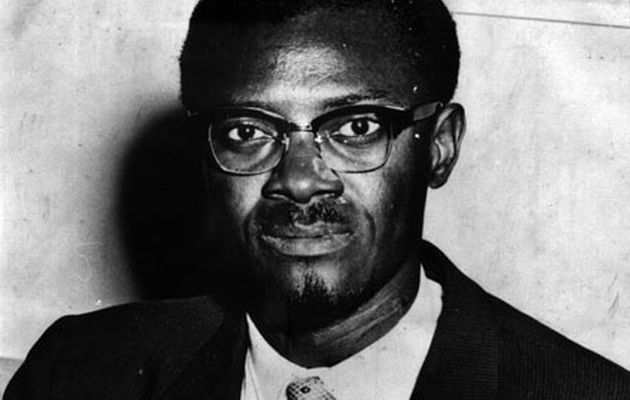People Other Than MLK Jr. Who Sacrificed Their Lives to Fight For Black Liberation
Walter Rodney, 38 (March 23, 1942 – June 13, 1980)
Walter Rodney was a prominent Guyanese historian, political activist and preeminent scholar, who fervently believed that intellectuals should make their skills available for the struggle and emancipation of the people. Rodney remained true to his beliefs after earning a Ph.D. with honors in African History at the School of Oriental and African Studies in London, at the age of 24.
Rodney would go on to teach at the University of Dar es Salaam in Tanzania and at the University of the West Indies in Jamaica. He actively rallied for Black liberation, debated against capitalism, and argued for a socialist development template for the Caribbean and Africa.
Rodney returned to his birthplace of Guyana in 1974 to accept a position as a professor at the University of Guyana. The government blocked the appointment and Rodney returned to his political activist roots.
According to guyanacaribbeanpolitics.com, Rodney remained in Guyana and “emerged as the leading figure in the resistance movement against the increasingly authoritarian PNC government.”
In 1979, Rodney and seven others were arrested and charged with arson. The following year he was assassinated by a bomb in the middle of Georgetown.
Walter Rodney, 38 (March 23, 1942 – June 13, 1980)
Walter Rodney was a prominent Guyanese historian, political activist and preeminent scholar, who fervently believed that intellectuals should make their skills available for the struggle and emancipation of the people. Rodney remained true to his beliefs after earning a Ph.D. with honors in African History at the School of Oriental and African Studies in London, at the age of 24.
Rodney would go on to teach at the University of Dar es Salaam in Tanzania and at the University of the West Indies in Jamaica. He actively rallied for Black liberation, debated against capitalism, and argued for a socialist development template for the Caribbean and Africa.
Rodney returned to his birthplace of Guyana in 1974 to accept a position as a professor at the University of Guyana. The government blocked the appointment and Rodney returned to his political activist roots.
According to guyanacaribbeanpolitics.com, Rodney remained in Guyana and “emerged as the leading figure in the resistance movement against the increasingly authoritarian PNC government.”
In 1979, Rodney and seven others were arrested and charged with arson. The following year he was assassinated by a bomb in the middle of Georgetown.







Comment